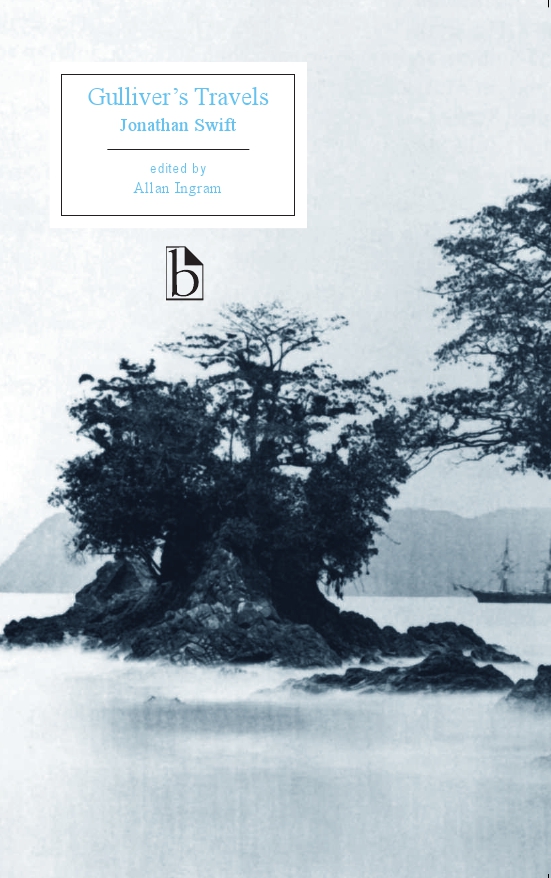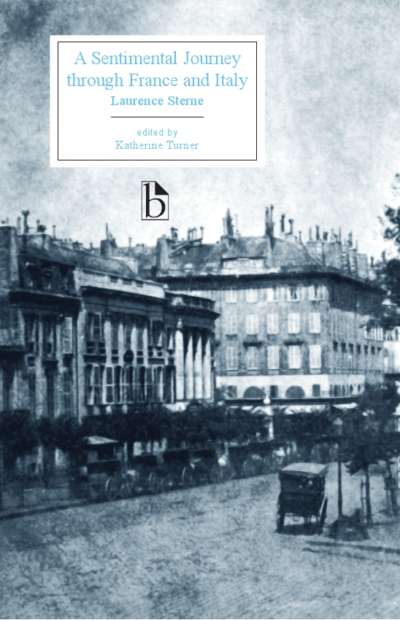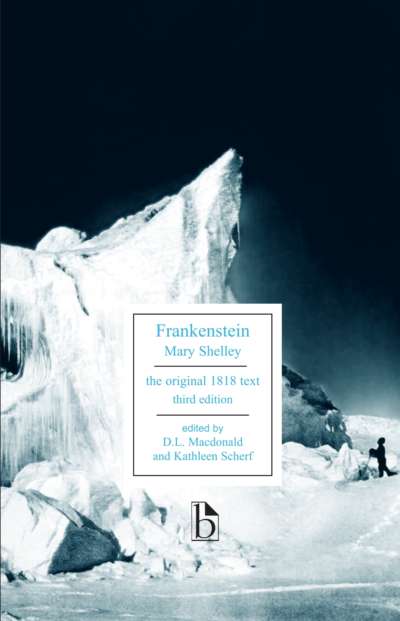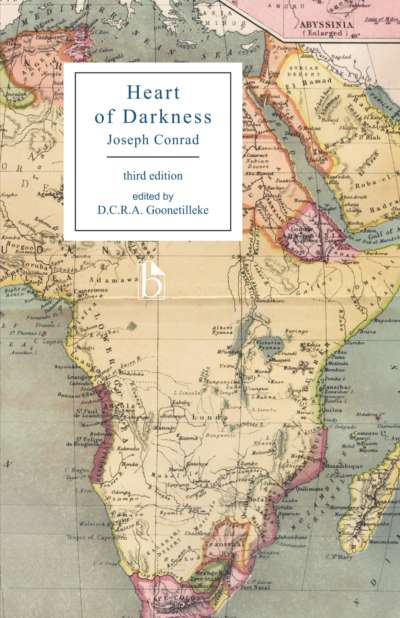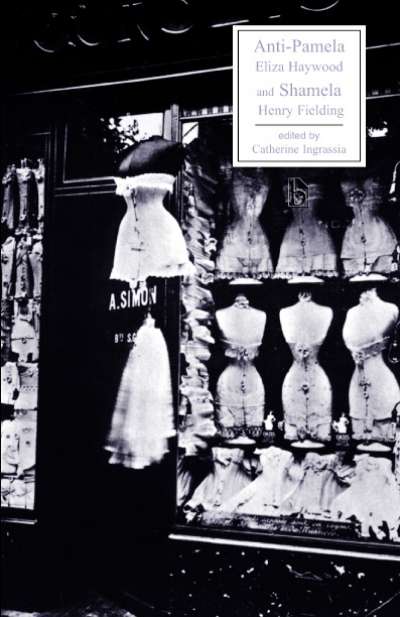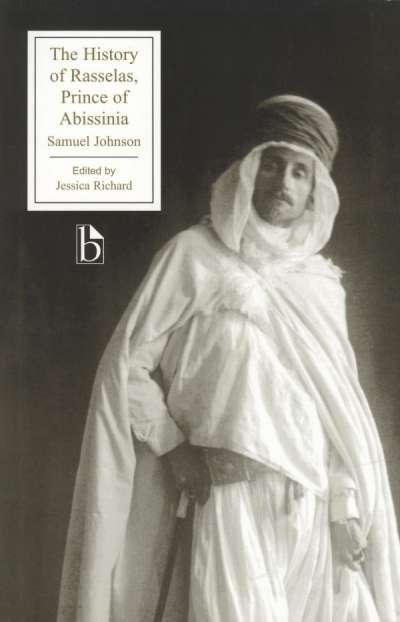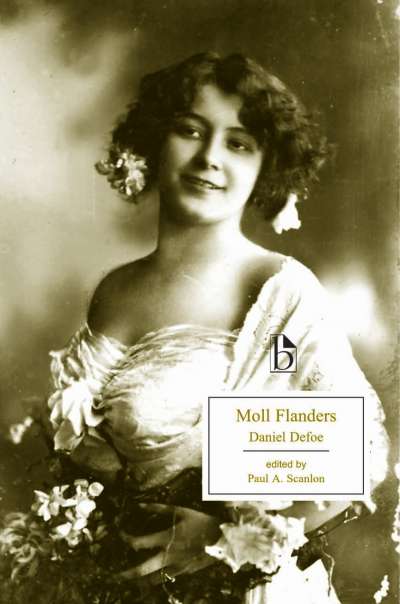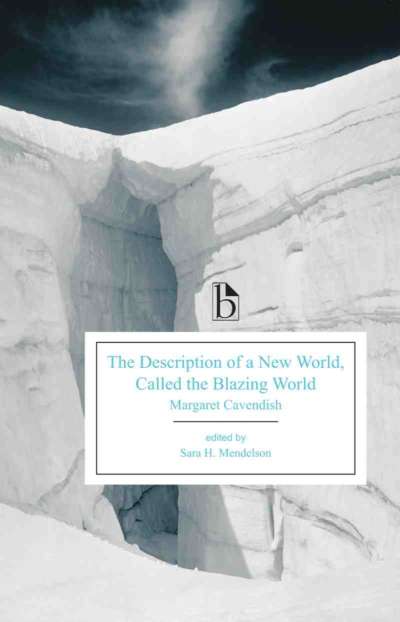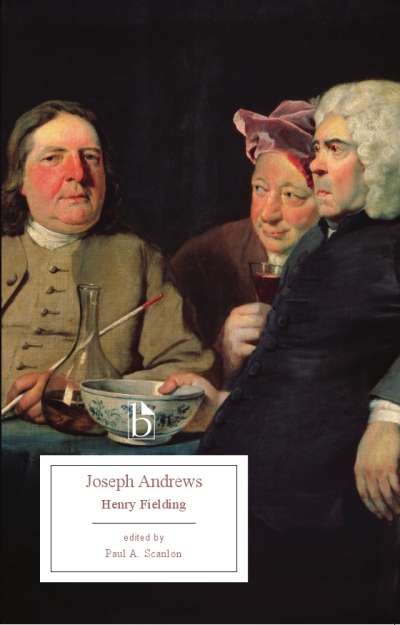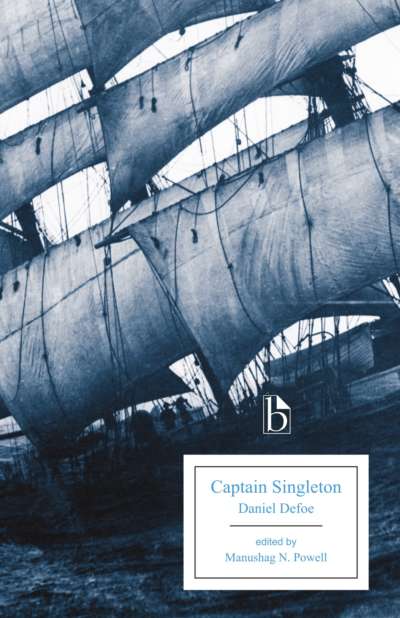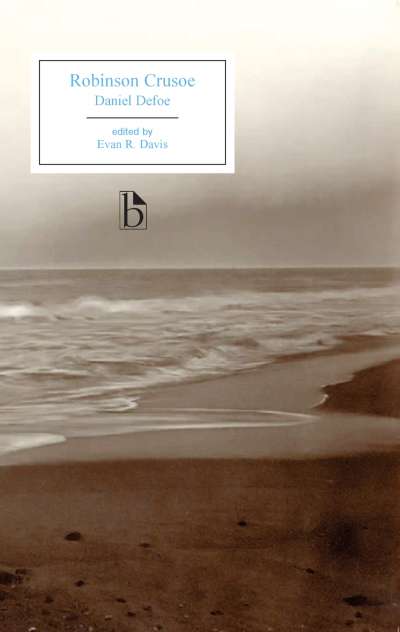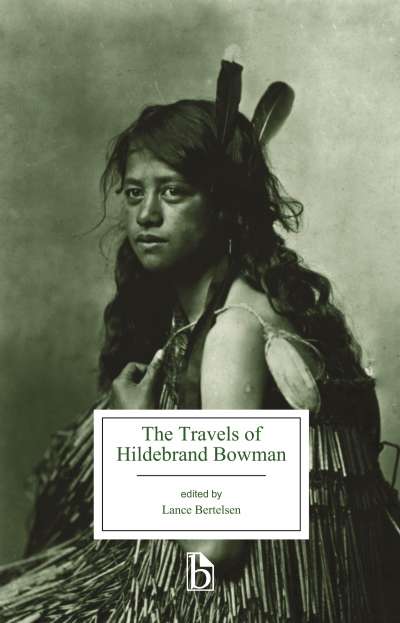In this narrative of the gullible ship’s doctor Lemuel Gulliver and his extraordinary travels, Jonathan Swift takes readers through a series of apparently child-like fantasy worlds of tiny people and giants, floating islands and talking horses. But through this fantastic journey, he also gave to literature an enduring model of mankind’s follies, vulnerabilities, vanities, and self-destructiveness. Dangerously topical in its own time and much debated ever since, Gulliver’s Travels is among those works of English literature that entrap and challenge readers in every period.
This edition uses the 1735 edition as the copy text, retaining the original, unmodernized text. Historical appendices provide a context for the novel’s literary models, scientific influences, and complex political and religious allusions.
Comments
“Gulliver’s Travels is a timeless work, but Allan Ingram’s edition reminds us that it’s a timely one, too. His introduction, notes, and appendices put the eighteenth century’s greatest satire in a wide variety of contexts—biographical, historical, political, scientific, and literary—giving us an ideal edition for classroom use. No edition does a better job of explaining Swift’s masterpiece as a product of its age.” — Jack Lynch, Rutgers University
“This new edition of Jonathan Swift’s Gulliver’s Travels provides both first-time and return readers with a well-constructed framework within which to place a familiar work. Allan Ingram’s engaging introduction deftly combines a summary of contemporary controversies over politics, religion, learning, science, and Ireland, with a summary of Swift’s life and a history of the composition, publication, and critical reception of the Travels. The footnotes to the text anticipate the kinds of knowledge a twenty-first-century reader might lack: the outmoded usage of a single word or the identity of an individual, as well as references to broader issues and ideas. Ingram observes that Swift ‘asks the kinds of questions of his readers to which we have few answers.’ His edition will enable readers to carry on the debate about those questions.” — Melinda Alliker Rabb, Brown University

